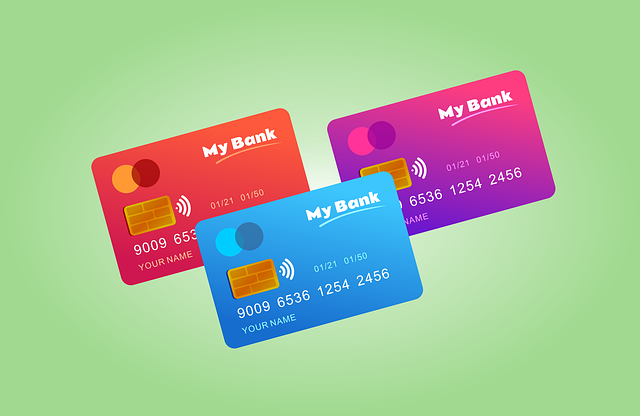Regaining control over finances starts with understanding debts and income. For those with poor credit, debt consolidation through specialized programs offering flexible terms, lower rates, and credit repair guidance is a viable path to financial freedom. Evaluating current finances, prioritizing high-interest debts, and adopting consistent repayment routines are key strategies. This proactive approach, coupled with tailored assistance, can lead to improved credit scores and long-term financial stability despite initial poor credit.
Reclaiming control over your finances is a powerful step towards a secure future. In this comprehensive guide, we’ll walk you through the process of taking back power over your money. First, understand your financial situation by assessing income and expenses. Next, explore debt consolidation options, even with poor credit, to simplify repayment. Learn how to choose the best loan and build a solid repayment plan tailored to your needs. Discover strategies to enhance your credit score through responsible spending habits.
- Understanding Your Financial Situation
- Exploring Debt Consolidation Options
- Choosing the Right Loan for You
- Building a Solid Repayment Plan
- Enhancing Credit Score Through Responsible Spending
Understanding Your Financial Situation
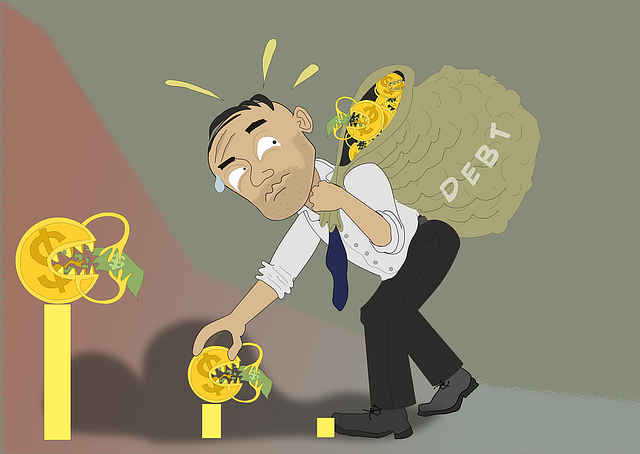
Understanding your financial situation is a crucial step in reclaiming control over your money. It begins with assessing your current debts and their interest rates, as well as evaluating your income and expenses. This allows for a clear picture of where your money is going and where it can be allocated more efficiently. For those grappling with debt consolidation due to poor credit, it’s essential to explore options like specialized debt consolidation programs tailored for people on disability or non-profit organizations offering low-income debt relief solutions.
When considering debt consolidation with poor credit, evaluating different programs is key. Look into their terms and conditions, interest rates, and repayment plans. Some programs might be more accommodating than others, depending on your unique financial circumstances. Remember that seeking professional advice from a financial counselor can help guide you in making informed decisions about when to consolidate your debt with poor credit, ensuring it’s the right move for your long-term financial health.
Exploring Debt Consolidation Options
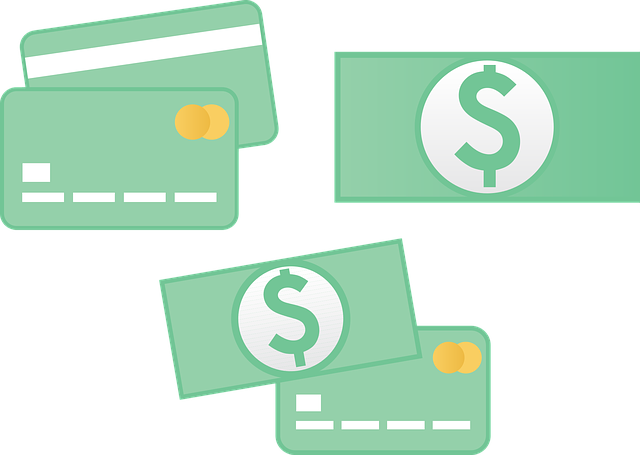
Many people struggling with debt consider debt consolidation as a path to financial freedom. It’s an appealing option, especially when facing high-interest rates and multiple creditors. However, for those with poor credit, finding the right approach can seem daunting. Don’t despair; there are still effective strategies available. Debt consolidation with poor credit is achievable through dedicated planning and understanding your unique circumstances.
One of the best ways to consolidate debt with low credit is by exploring specialized programs designed for individuals in similar situations. These programs often offer flexible terms, lower interest rates, and personalized guidance on credit repair. By enrolling in a reputable debt relief program, you gain access to expert advisors who can help negotiate with creditors on your behalf. This strategic approach not only simplifies the process but also provides a comprehensive plan for long-term financial health, ensuring that what is the best way to consolidate debt with low credit becomes more manageable.
Choosing the Right Loan for You

When considering how to reclaim control over your money, one effective strategy is exploring loan options tailored to your financial situation. For individuals grappling with high-interest debt and poor credit, a popular solution is debt consolidation. This process involves taking out a new loan to pay off multiple existing debts, simplifying repayment terms and potentially lowering interest rates.
While traditional lenders might be hesitant to offer loans to those with subpar credit, there are specialized debt consolidation agencies that accept bad credit. These agencies provide affordable debt consolidation solutions for veterans and others in similar situations, offering a path towards financial stability by transforming multiple high-interest payments into one manageable, lower-interest loan.
Building a Solid Repayment Plan
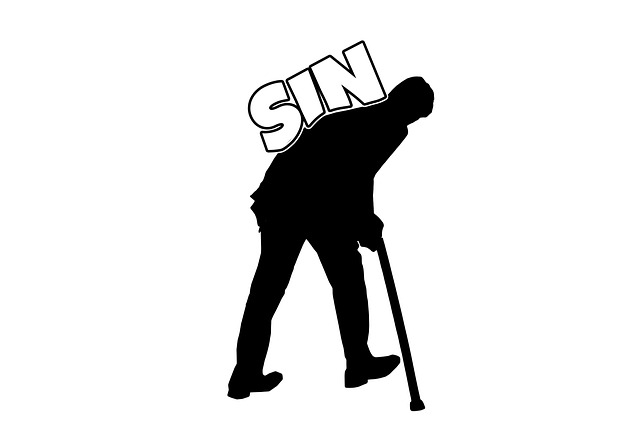
Building a solid repayment plan is a crucial step in reclaiming control over your finances and navigating out of debt, especially when dealing with debt consolidation for poor credit. The first step involves evaluating your current financial situation. List all your debts, including credit cards, personal loans, and any outstanding payments. Understand the interest rates associated with each debt, as this will impact your overall repayment strategy. Prioritize paying off debts with the highest interest rates first to minimize long-term costs.
Debt consolidation loans for poor credit can be a viable option, but it’s essential to explore various strategies. Instant approval debt consolidation loans might seem appealing, but they often come with higher interest rates. Alternatively, consider working on improving your credit score before applying for loans. Credit repair debt consolidation strategies, such as creating a budget and adhering to it, will not only help you repay debts faster but also enhance your financial health in the long run.
Enhancing Credit Score Through Responsible Spending
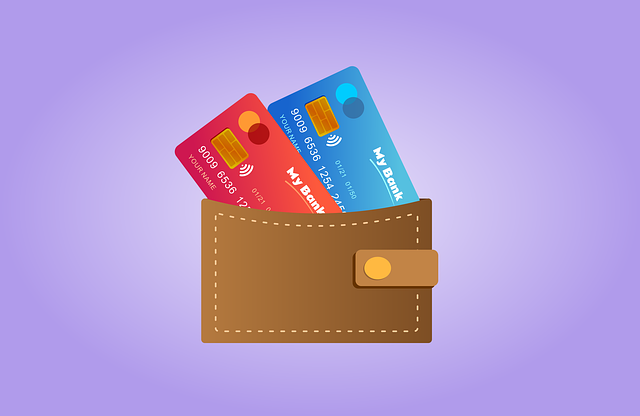
Reclaiming control over your finances starts with understanding and managing your money responsibly. One significant aspect is enhancing your credit score, which can be achieved through strategic spending habits. Even with poor credit, making thoughtful financial decisions can positively impact your creditworthiness.
Instead of viewing purchases as temporary fixes, focus on building a consistent repayment routine. Debt consolidation with poor credit might seem daunting, but it’s a viable option for those ready to take control. For young adults struggling with debt, seeking debt consolidation help tailored to their needs can provide a clear path forward. The question “when should I consolidate my debt with poor credit?” arises when you’re ready to make a commitment to getting out of debt fast with poor credit consolidation while taking measured steps towards financial stability.
Reclaiming control over your money is a powerful step towards financial freedom. By understanding your current situation, exploring options like debt consolidation for bad credit, and adopting responsible spending habits, you can begin to build a brighter future. Each section of this guide—from assessing your finances to enhancing your credit score—equips you with the tools needed to navigate the path to financial stability. Remember, it’s never too late to take control and make positive changes.
